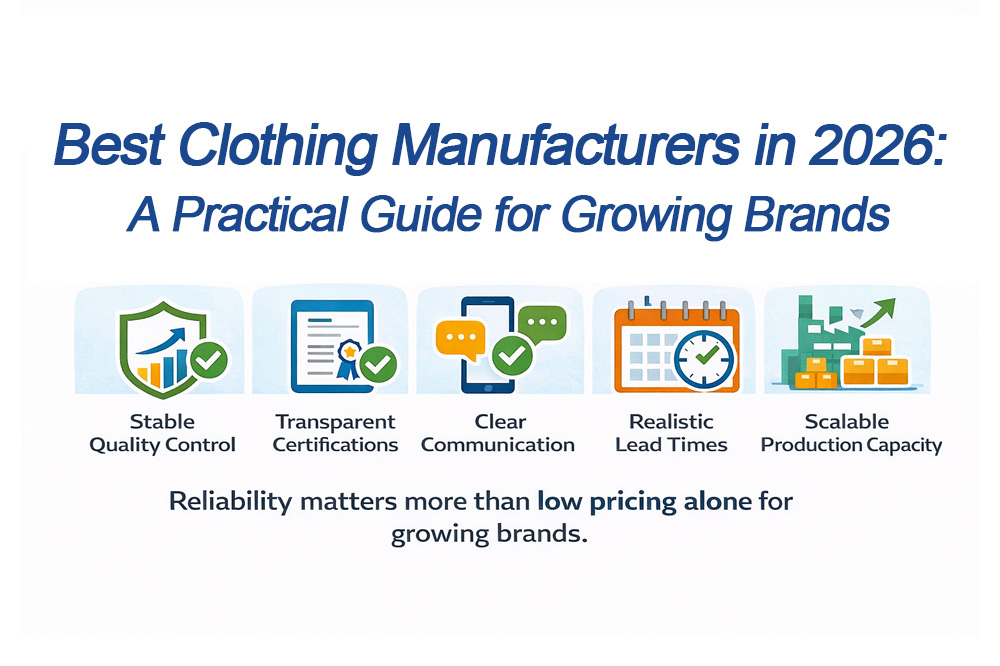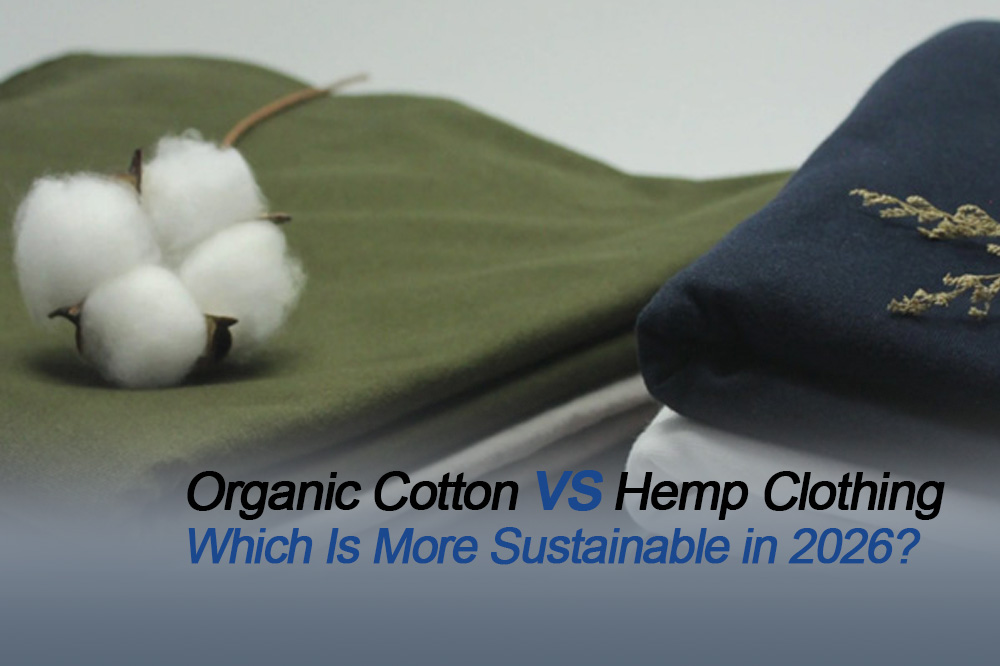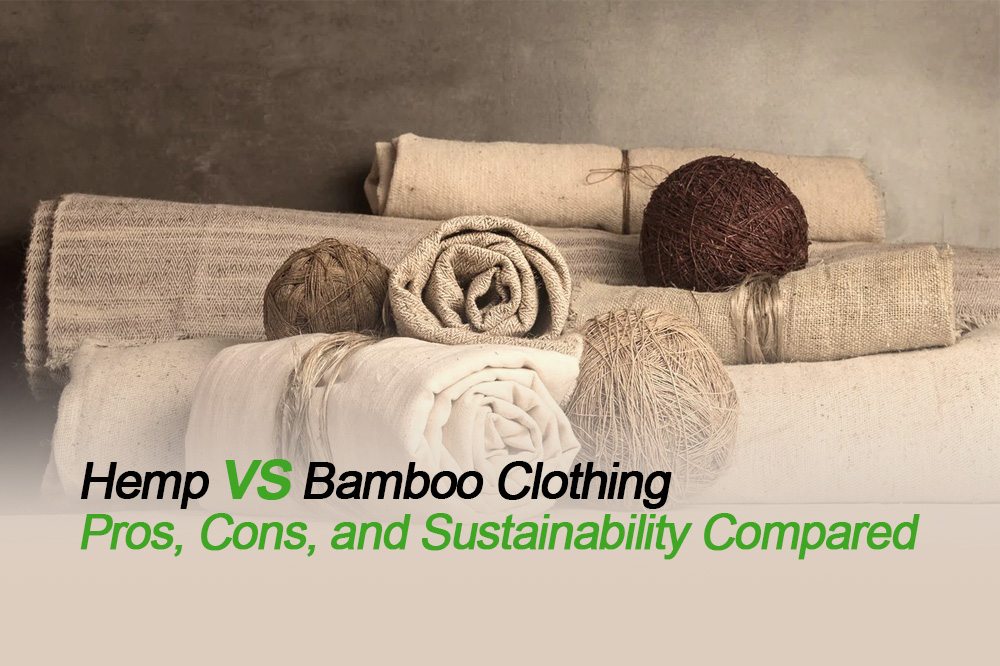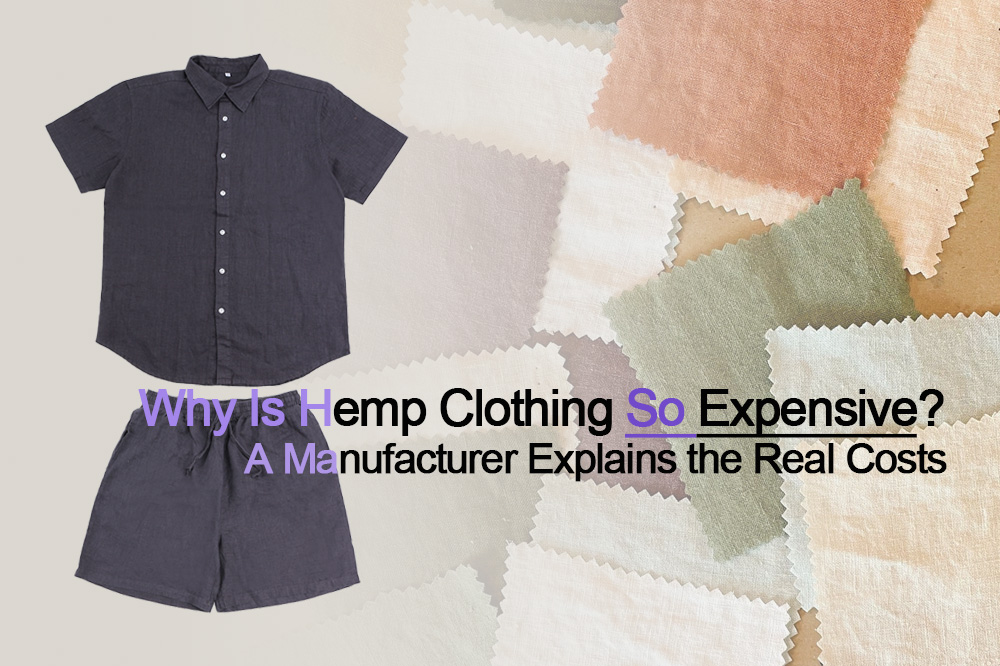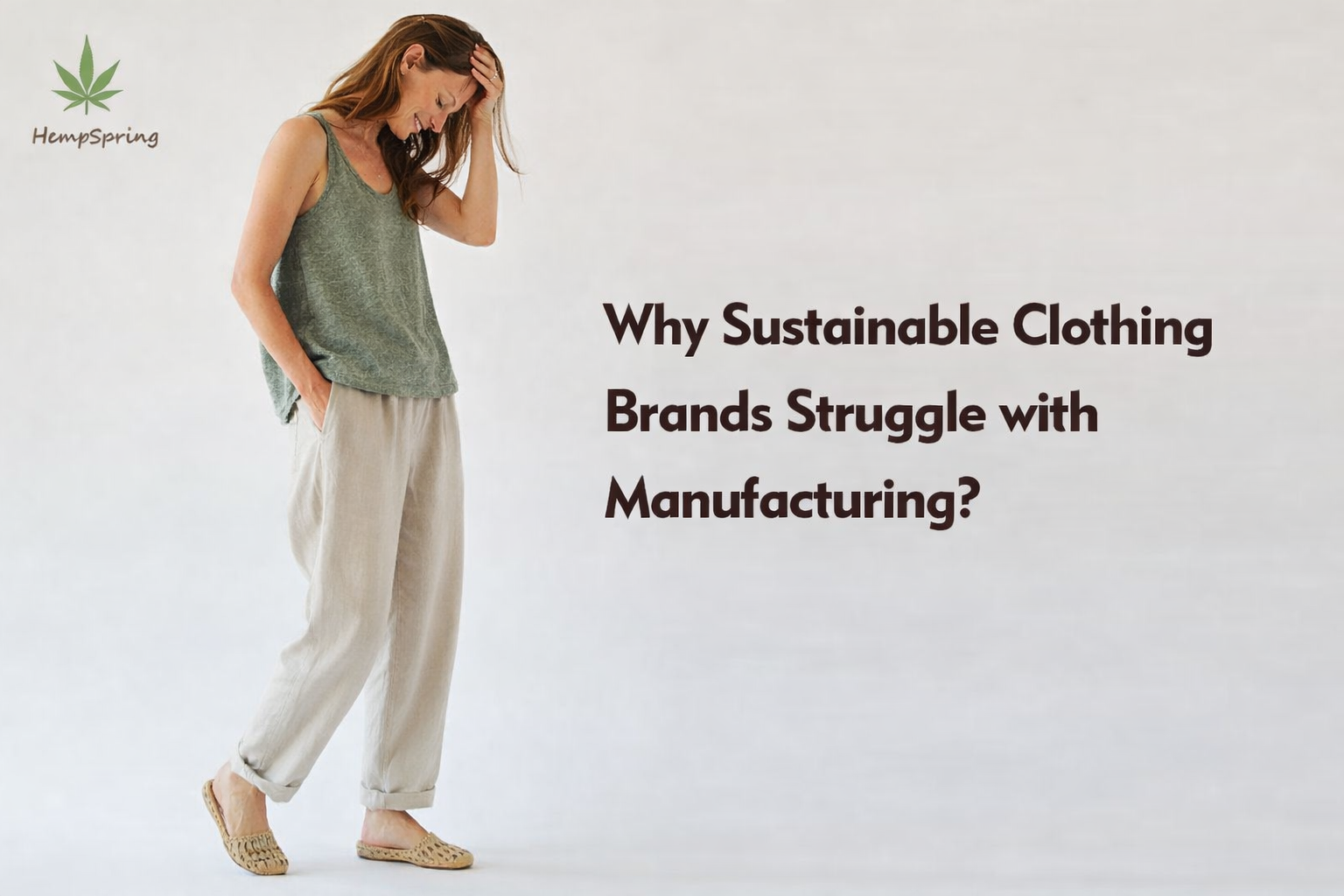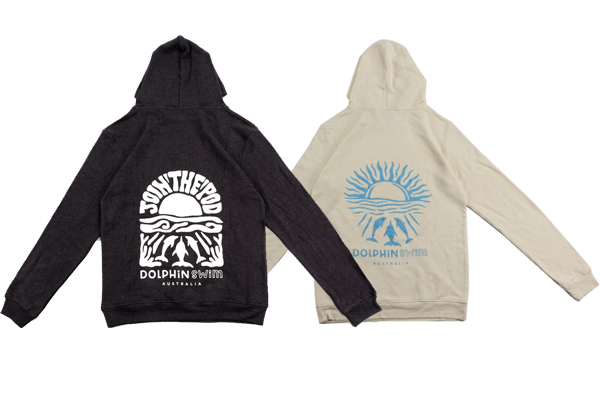
Sustainability is no longer just a buzzword—it’s a necessity. For brands that want to align with modern values and meet eco-conscious customer demands, partnering with a sustainable clothing manufacturer is key. This not only benefits the environment but also helps build a trustworthy and future-focused brand.
Sustainable clothing manufacturers use eco-friendly fabrics, ethical practices, and efficient processes to reduce environmental impact. These manufacturers help brands meet growing consumer demand for green fashion while offering high-quality products. By collaborating with them, you create apparel that aligns with both customer values and global sustainability goals, ensuring your brand stays competitive.
Making sustainable choices today secures a better tomorrow—for your brand, customers, and the planet.
What are the benefits of sustainable fashion?
Sustainable fashion helps reduce pollution, conserve resources, and promote fair labor practices. It also enhances brand image, appealing to eco-conscious consumers. By adopting sustainability, businesses can create high-quality, durable products while building customer loyalty and reducing environmental harm.
Sustainability isn’t just a trend; it’s a smart business move that protects our planet.
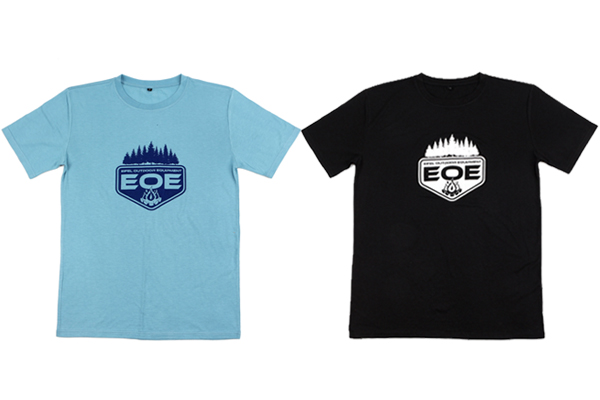
Understanding the benefits of sustainable fashion
Sustainable fashion is a movement toward more responsible practices in the clothing industry. It minimizes environmental damage by using materials like organic cotton, bamboo, and hemp, while supporting ethical labor practices. Additionally, it helps brands stand out in a competitive market where consumers increasingly prioritize eco-friendly products.
| Benefits of Sustainable Fashion | Explanation |
|---|---|
| Reduces Waste | Uses biodegradable materials |
| Conserves Resources | Requires less water and energy |
| Promotes Ethical Practices | Supports fair wages and safe working conditions |
By choosing sustainable practices, you protect the environment and show your commitment to a better future.
What are the main benefits of eco-friendly clothing?
Eco-friendly clothing is gentle on the skin, biodegradable, and created with minimal harm to the planet. It caters to growing demand for ethical and eco-conscious products, ensuring customer satisfaction. Brands using sustainable fabrics build trust and stand out in the market.
Eco-friendly clothing combines comfort with responsibility, offering a win-win for brands and customers alike.
Exploring eco-friendly clothing
Eco-friendly clothing uses organic and renewable materials like bamboo, hemp, and organic cotton. These fabrics are soft, breathable, and hypoallergenic, ensuring comfort and durability. The production process often involves minimal chemicals, reducing the impact on the environment and water systems.
Key Benefits
- Reduced Carbon Footprint: Sustainable fabrics use fewer resources.
- Biodegradability: No long-term waste in landfills.
- Skin-Friendly: Non-toxic materials suit sensitive skin.
What exactly is sustainable fashion? Why is it so important?
Sustainable fashion refers to clothing designed, manufactured, and distributed with minimal environmental and social impact. It’s vital to combat climate change, reduce resource depletion, and create a fairer industry for workers. This ensures a greener future and a balanced fashion ecosystem.
Sustainable fashion ensures style with conscience, prioritizing the planet and people.
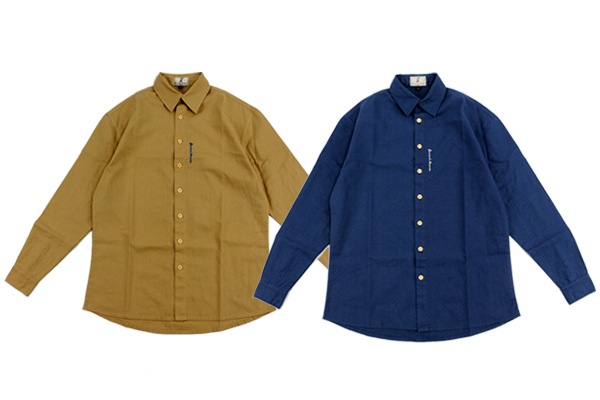
Diving deeper into sustainable fashion
At its core, sustainable fashion is about thoughtful consumption. It’s rooted in the use of renewable resources, ethical labor, and long-lasting quality. Unlike fast fashion, it avoids harmful dyes and synthetic fabrics, focusing on organic alternatives.
What Makes Sustainable Fashion Important?
- Environmental Protection: Reduces deforestation and pollution.
- Healthier Choices: Organic fabrics avoid skin irritants.
- Social Responsibility: Promotes fair wages and safe workplaces.
By supporting sustainable fashion, we ensure our planet thrives while offering customers products they love.
What are some sustainable clothing practices I can adopt?
Adopting practices like choosing certified fabrics, partnering with eco-friendly manufacturers, and reducing packaging waste makes a big difference. Creating versatile designs that last longer also reduces overproduction and waste.
Small steps in sustainability can make a big impact over time.
How to adopt sustainable practices?
- Choose the Right Materials: Bamboo, hemp, and organic cotton are excellent choices.
- Collaborate with Ethical Manufacturers: Work with certified factories like ours.
- Embrace Slow Fashion: Focus on quality over quantity to reduce waste.
- Educate Customers: Share the benefits of sustainable choices.
By integrating these practices, you align with eco-conscious values while boosting brand credibility.
Conclusion
Partnering with a sustainable clothing manufacturer transforms your brand into a beacon of responsible fashion. By embracing eco-friendly materials and ethical practices, you not only reduce environmental impact but also appeal to today’s conscious consumers. The journey toward sustainability starts with a single step—take it today!

